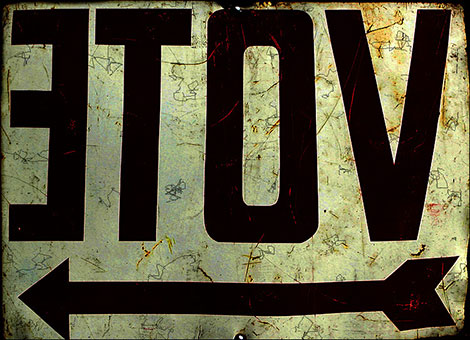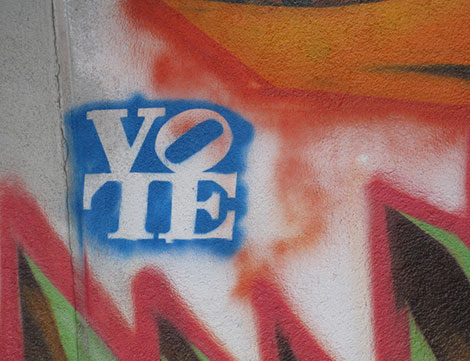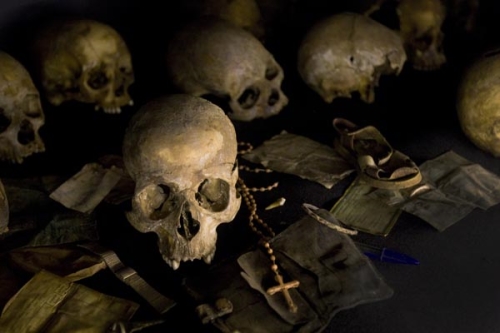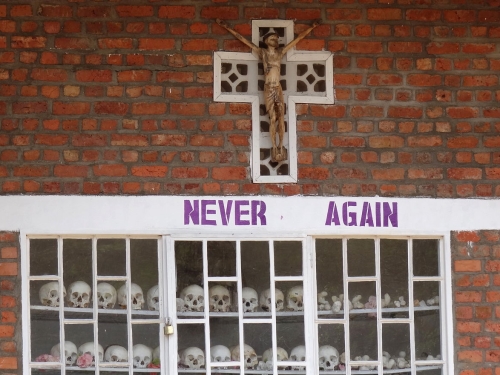
This article was originally published by the United States Institute of Peace (USIP) on 6 July 2017.
President Kagame, Facing Weak Opposition, Should Renew Peacebuilding Efforts
Rwanda has been hailed by observers as a model of post-conflict recovery following the atrocities in the early 1990s that left hundreds of thousands of Rwandans dead and many more displaced. In many respects, the praise is well-deserved. But, when held up against key benchmarks for reducing state fragility and the risk of conflict, signs are growing that peacebuilding efforts may be falling short. Fortunately, this election isn’t expected to stoke violence, but to sustain Rwanda’s remarkable progress, particularly its development gains, it will be critical to heed these warning signs early, before tensions build or another deadly wave of violence emerges.
Consensus is growing among experts in foreign policy, development and defense concerning the definition of state fragility; it’s now widely understood as a lack of institutional capacity or legitimacy that weakens the social contract between citizens and their government, increasing the risk of conflict. In fragile conditions, particularly following a violent conflict like the one that tore apart Rwanda’s social fabric and destroyed its economy in 1994, peacebuilding efforts there and anywhere else should focus on five objectives that are critical to sustaining progress.




